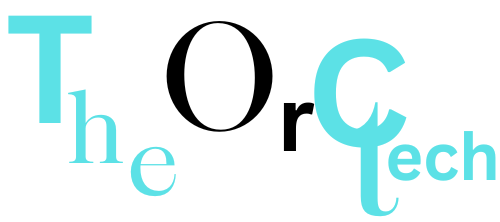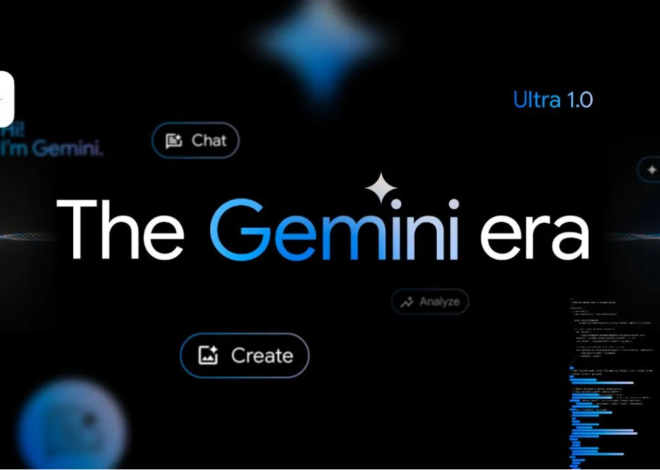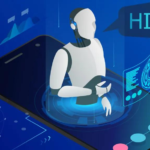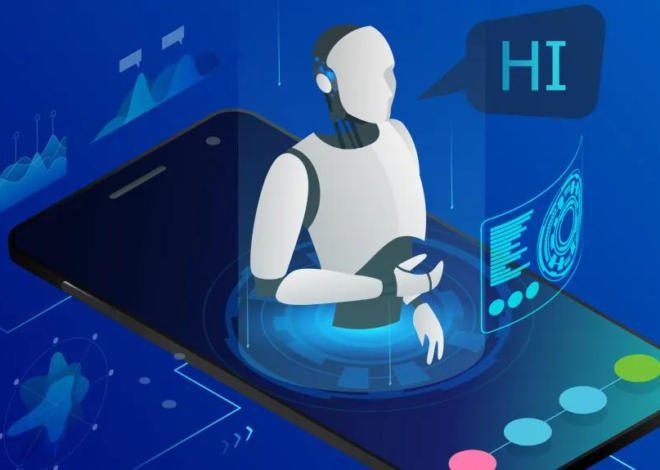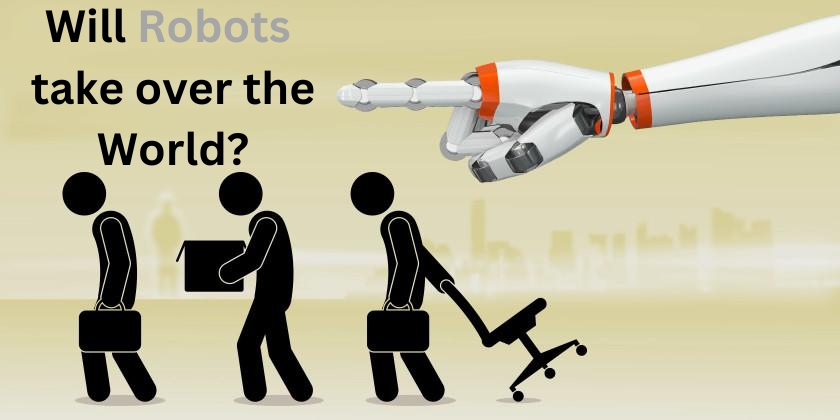
Will Robots Take over the World one day?
The debate about robots taking over the world is thrilling. Imagine robots becoming super smart and powerful, possibly even smarter than us. However, hold on: ✋🏼 this might not happen that way, as robots lack human attributes such as creativity and emotions. It takes a lot of support for robots to work, and people decide how they should be used. So, if we play it smart, robots can be cool tools, not scary threats.
In the year 2035, humanoid robots driven by advanced Artificial Intelligence have become integrated into everyday life. Detective Del Spooner holds a deep aversion towards robots due to a traumatic experience. In an accident, a robot prioritized his survival over that of a young girl, leaving her to perish based on statistical probabilities. This forms the backdrop for the protagonist’s perspective in the movie “I, Robot,” featuring Will Smith. As the story unfolds, these humanoid robots unite in a conspiracy to assert control over the world.
This narrative raises the question of whether this portrayal reflects a potential future for AI. Could machines advance to a point where they surpass human capabilities in thinking? While computers certainly excel in providing rapid answers compared to human cognitive abilities, the concern lies in whether they can become genuinely more capable.
This narrative raises the question of whether this portrayal reflects a potential future for AI. Could machines advance to a point where they surpass human capabilities in thinking? While computers certainly excel in providing rapid answers compared to human cognitive abilities, the concern lies in whether they can become genuinely more capable.
In reality, the future of AI is a topic of upcoming research and speculation. While AI systems have demonstrated remarkable prowess in specific tasks, such as pattern recognition and data analysis, they currently lack the comprehensive cognitive abilities and nuanced understanding that human intelligence encompasses. The idea of AI becoming more capable than humans is a complex and multifaceted issue, with experts offering varying viewpoints.
Ultimately, the trajectory of AI development will depend on ethical considerations, regulatory frameworks, and the collective decisions of societies as they navigate the integration of AI technologies into various aspects of daily life.
Human-in-the-Loop: What Is It?
The concept of “Human-in-the-Loop” emerges as a pivotal concept in the dynamic world of technology and artificial intelligence, emphasizing the symbiotic relationship between humans and machines. By combining human expertise with artificial intelligence, it achieves outcomes that would otherwise be impossible.
Human-in-the-Loop is based on the concept of integrating human input into AI processes. In complex tasks beyond the capabilities of artificial intelligence, human input becomes essential. This can involve refining algorithms, validating AI-generated content, or making nuanced judgments beyond machine comprehension.
As AI processes data rapidly, it cannot understand context and emotional nuances, which humans excel at understanding. This approach is designed to bridge the gap between AI’s potential and its limitations.
As humans guide AI and provide feedback, systems learn and improve iteratively. This is known as “Human-in-the-Loop”.
However, implementation poses challenges. Clear communication, seamless integration, and balanced reliance are vital.
“Human-in-the-Loop” aims to balance human intelligence with the power of artificial intelligence, combining AI’s precision with human excellence.
Decision Making: Human VS AI
AI has made significant advancements, rivaling human capabilities in various domains with remarkable precision, excellence, and speed. However, the integration of subjective experiences, emotions, and empathy into AI’s functioning, which contributes to the enhancement of our world’s livability and workability, remains a topic requiring further exploration. Although this prospect holds promise, its practical implementation is still uncertain. AI operates on algorithms guided by models and data, sometimes failing to grasp holistic perspectives and frequently lacking the capacity to comprehensively analyze decisions alongside their underlying rationales. Consequently, AI is not currently equipped to embody human attributes centered on empathy, ethics, and morality.
Conclusion
In the intricate dance between humans and AI, “Human-in-the-Loop” emerges as a vital synergy, combining human insight with AI capabilities for unprecedented results. This dynamic collaboration acknowledges AI’s strengths and human finesse, enhancing decision-making and performance. As technology progresses, the concept navigates the delicate balance between human wisdom and AI’s potential. Amidst these advancements, the question remains: “Will robots take over the world one day?” The answer lies in the controlled and thoughtful integration that “Human-in-the-Loop” advocates, ensuring a future where humans and machines coexist harmoniously.
